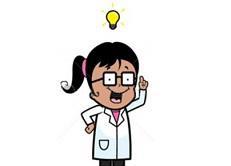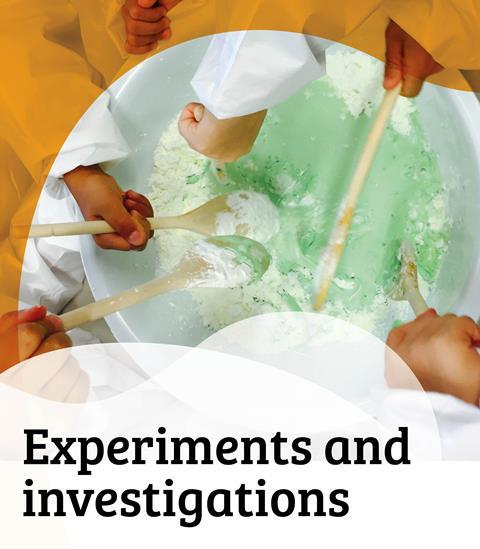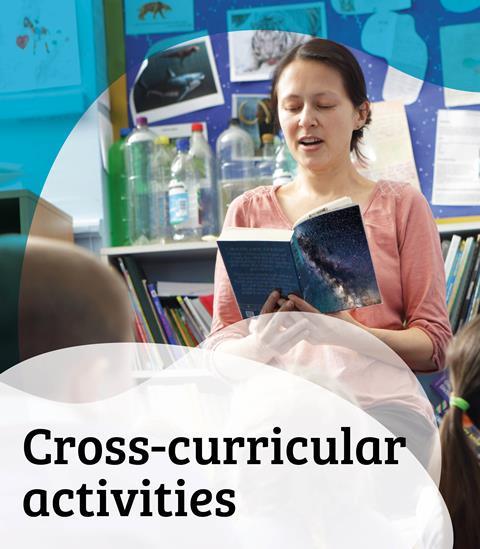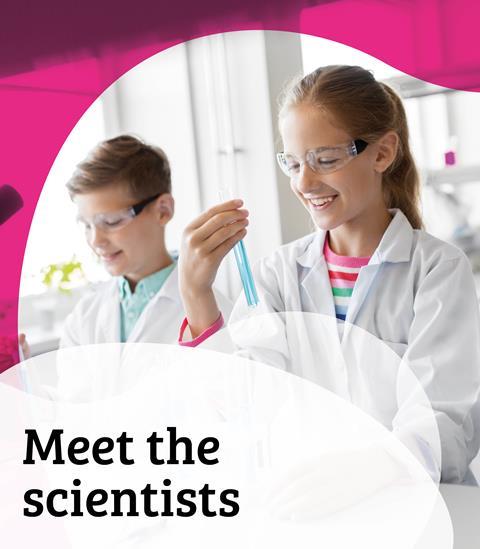Join Kareena and her superhero friend K-mistry and learn about irreversible changes
Produced by FunKids radio in collaboration with the RSC, this short chemistry snippet is great for introducing children to irreversible changes.
This podcast can be used as a ’hook’ when introducing the topic to your students, or at the end of a lesson to stimulate discussion about what they have learnt.
Downloads
Kareena's Chemistry- Episode 12: Kitchen chemistry
Audio | Other, Size 4.79 mb
Additional information
If you teach primary science, see the headings below to find out how to use this resource:
Skill development
Children will develop their working scientifically skills by:
- Asking their own questions about scientific phenomena.
- Drawing conclusions and raising further questions that could be investigated, based on their observations.
- Using appropriate scientific language and ideas to explain, evaluate and communicate their methods and findings.
Learning outcomes
Children will:
- Explain that some changes result in the formation of new materials, and that this kind of change is not usually reversible.
Concepts supported
Children will learn:
- That some processes are not reversible, due to a chemical change occurring.
- That reversible changes are typically a change of state.
Suggested activity use
This activity could be used as a starter or hook into looking at reversible and irreversible changes. After listening to the recording, children could be invited to discuss other changes they have seen in the kitchen and whether they think these may be reversible or irreversible. Children may be given the opportunity to watch or investigate some of these changes happening, for example whipping cream, melting chocolate, boiling an egg and making bread.
Practical considerations
If the recording is going to be used as a hook, then different practical activities will need to be set up and organised for the children to carry out and see if the changes are reversible or not.
Children may need reminding that some processes are ’multi-steps’ so whilst some steps in the process aren’t reversible, some may be. For example, when making ice cream, the formation of the substance known as ice cream isn’t reversible. However, once the substance has been made, it can go from solid to liquid and back to solid if it is frozen again.
Some children may need further explanation of the term ‘molecules’ which is used repeatedly in the recording.
Primary science podcasts

Join Kareena and her superhero friend K-mistry for this series of short podcasts introducing children to chemistry.
- 1
- 2
- 3
- 4
- 5
- 6
- 7
- 8
- 9
- 10
- 11
- 12
 Currently
reading
Currently
reading
Kitchen chemistry
- 14
- 15
- 16











































No comments yet